Associate Professor, Dr. Ngo Tri Long, former Director of the Institute for Price Market Research (Ministry of Finance), said he was quite shocked by the proposal to increase special consumption tax (SCT) on alcohol and beer.
 |
| Associate Professor, Dr. Ngo Tri Long, former Director of the Institute for Price Market Research (Ministry of Finance) |
“If the tax rate is not reasonable, the objectives of the special consumption tax (SCT) on alcoholic beverages will not be achieved,” Mr. Long emphasized.
In this amendment to the Special Consumption Tax Law, the Ministry of Finance has proposed a rather high tax increase. Will this new tax rate shock beer and alcohol production businesses, sir?
Since its promulgation (in 1998) until now, the Law on Special Consumption Tax has been amended and supplemented many times. Unlike other laws, each amendment, supplement, or replacement increases taxes and expands the taxable subjects, especially for alcohol, beer, and tobacco.
It is undeniable that the imposition of special consumption tax on restricted consumption goods has brought about many positive effects such as increasing revenue for the state budget, protecting domestic manufacturing enterprises... but along with that, there are also many issues that need to be considered.
Currently, the tax rate on alcoholic beverages is not low, even quite high compared to people's income, but the Ministry of Finance still wants to continue to increase taxes. If not carefully studied, the tax increase will be counterproductive. According to the proposal of the Ministry of Finance, the tax increase roadmap from 2026 to 2030 for alcohol with 20 degrees or more is 70 - 90% (option 1), or 80 - 100% (option 2), instead of 65% as at present. Alcohol under 20 degrees currently subject to special consumption tax at a rate of 35% will be raised to 40 - 60% (option 1) or 50 - 70% (option 2); apply a tax rate of 70 - 90% (option 1) or 80 - 100% (option 2), instead of the current tax rate of 65% for beer.
In the Draft Amendment to the Law on Special Consumption Tax, the Ministry of Finance is leaning towards option 2. This is a shocking tax increase for both manufacturing and trading enterprises and the people.
In your opinion, will the goals set for amending the special consumption tax be achieved?
When adjusting the tax increase on alcoholic beverages, policy makers aim for three goals: regulating consumption, reducing the negative impact of alcoholic beverages on human health; ensuring stable and sustainable state budget revenue; and protecting the domestic beverage manufacturing industry.
Adjusting taxes on alcohol and beer products to regulate production and consumption in a reasonable manner is appropriate and an inevitable trend, but if the tax rate is too high, too fast and too strong, it will have the opposite effect. Every time the special consumption tax on alcoholic beverages is increased, policy makers emphasize the goal of regulating consumption and reducing the negative impact of alcohol on human health, but in reality, the number of people, the rate of people using and even abusing alcohol is constantly increasing. People using alcohol are getting younger and younger and Vietnam is considered one of the countries that consume the most alcohol in the world. Thus, increasing taxes does not achieve this goal.
What about the goal of ensuring state budget revenue, sir?
According to the Ministry of Finance, the contribution of special consumption tax in general to the state budget in the period of 2017 - 2023 accounts for about 8-9% of the total state budget revenue. Specifically, in 2017 it accounted for 8.32%; in 2018 it was 8.52%; in 2019 it was 9.21%; in 2020 it was 8.27%; in 2021 it was 8.21%; in 2022 it was 9.6% and in 2023 it was 8.8%. This tax contributes quite stably to the budget, so is it necessary to change it?
If we think that continuing to increase the special consumption tax will increase the state budget revenue, we need to reconsider. Because with such a high tax rate, the price of alcohol and beer is high compared to people's income, while people's demand for alcohol and beer does not decrease, even continues to increase, people are forced to use "country wine", "microbiological beer", smuggled beer and wine, causing beer and wine products produced by factories, production facilities, businesses and even imports to decrease, the state budget will reduce revenue from both special consumption tax, import tax, and value added tax. The budget will also reduce revenue from indirect activities related to alcohol and beer such as hotels, entertainment, restaurants from high-end to low-end, sidewalk beer shops...
The first two goals cannot be achieved, the third goal of protecting the domestic beverage industry will probably not be achieved if the special consumption tax on alcohol is too high?
Making wine is one of the oldest professions. Vietnamese people have a “tradition” of making wine. When the tax on beer and wine is too high, people do not have the means, instead of using beer and wine produced or imported by enterprises, they drink “banana leaf-stoppered wine”, spontaneously produced beer, “microbiological beer”, and even drink alcohol mixed with water to replace wine.
State management agencies can only manage registered enterprises, production facilities, and alcohol imports, but cannot manage smuggled and spontaneously produced beer and alcohol among the people (currently accounting for 63% of total alcohol and beer production). As a result, enterprises have to reduce production, and consumers are poisoned by alcohol and beer that do not guarantee quality. Every year, there are thousands of cases of alcohol poisoning, fights, and even many murders due to drinking alcohol and beer that are spontaneously produced, cheap, and of uncertain quality.
With the current tax rate of 65%, the selling price of each liter of alcohol with an alcohol content of 20 degrees or higher is about 2/3 of all kinds of taxes, while homemade alcohol and “micro-brewed beer” are not subject to any taxes. Enterprises producing and importing genuine beer and alcohol with stamps are already having a hard time competing, and if taxes continue to increase, it will be even harder to survive.
If not using tax policy, what policy do you think should be used to limit alcohol abuse?
Taxes play only a small role in curbing alcohol abuse. In recent years, Vietnam has partly controlled alcohol abuse through other policies, not tax policies.
In fact, in recent times, the price of beer and wine products has not increased, but the consumption of beer and wine products has also decreased sharply due to a series of policies stipulated in the Law on Road Traffic; Law on Prevention of Alcohol Harm; Law on Advertising... Especially Decree 100/2019/ND-CP on administrative sanctions for violations in the field of road and railway traffic; Decree 123/2021/ND-CP amending and supplementing a number of articles of the decrees regulating administrative sanctions for violations in the fields of maritime, road traffic, railway, and civil aviation, with fines that are sufficiently deterrent, helping to reduce alcohol abuse.
Limiting alcohol is a must because the consequences of alcohol abuse are huge, but not just through tax policy. The Ministry of Finance has proposed two options to increase special consumption tax on alcoholic beverages. In my opinion, it is necessary to consider and evaluate the impact in many aspects, such as the price of the product after the tax increase; consumer behavior; impact on budget revenue, impact on production and business activities of enterprises because there are currently about 220,000 direct workers and millions of indirect workers working in the beer and alcohol production and trading industry.
Source: https://baodautu.vn/can-nhac-khi-tang-thue-tieu-thu-dac-biet-voi-bia-ruou-d222297.html




![[Photo] Overcoming all difficulties, speeding up construction progress of Hoa Binh Hydropower Plant Expansion Project](https://vstatic.vietnam.vn/vietnam/resource/IMAGE/2025/4/12/bff04b551e98484c84d74c8faa3526e0)

![[Photo] Closing of the 11th Conference of the 13th Central Committee of the Communist Party of Vietnam](https://vstatic.vietnam.vn/vietnam/resource/IMAGE/2025/4/12/114b57fe6e9b4814a5ddfacf6dfe5b7f)








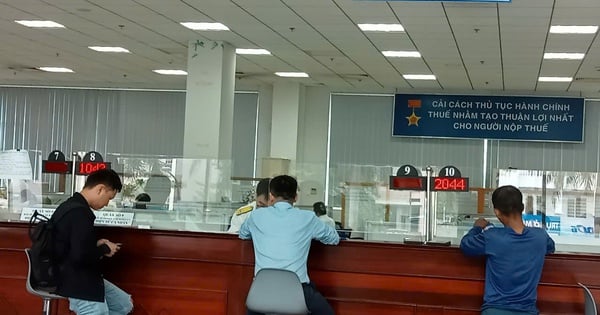


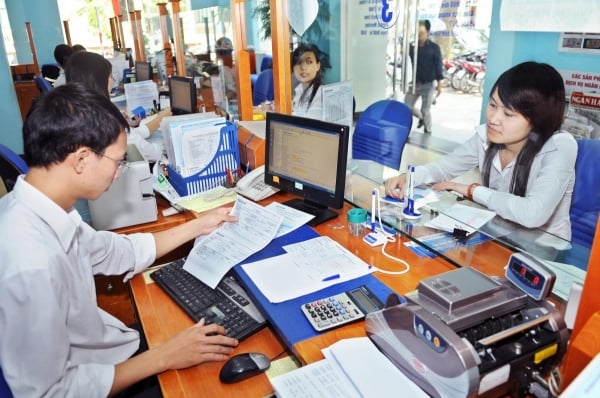
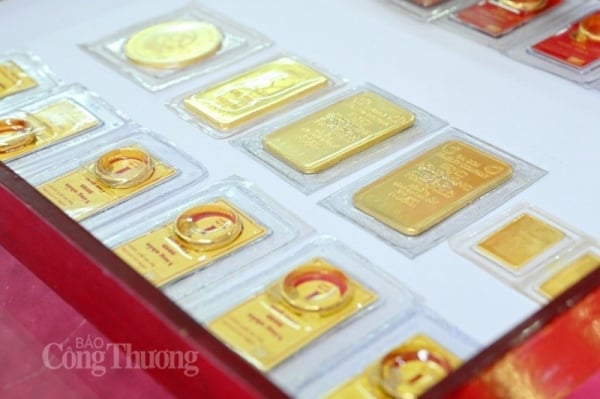
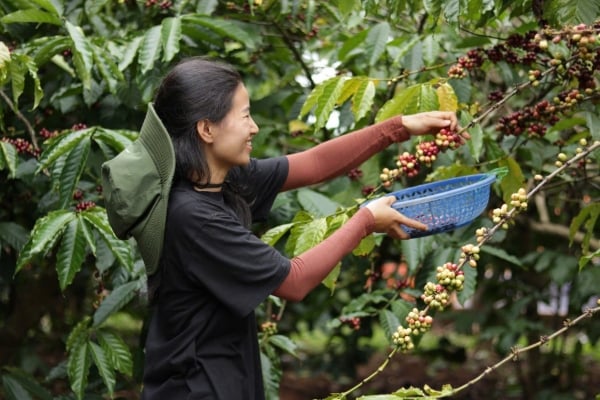










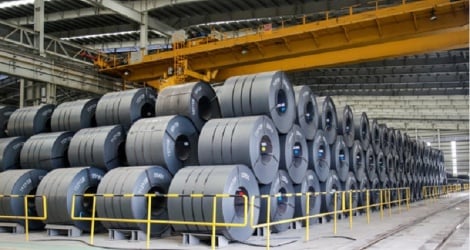



















































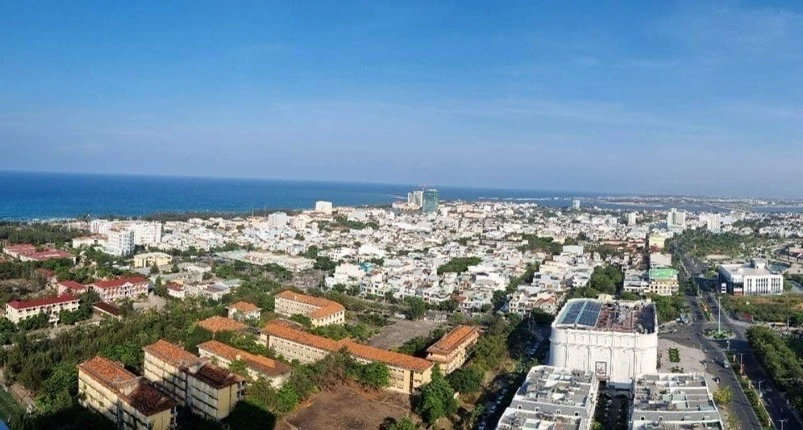
















Comment (0)